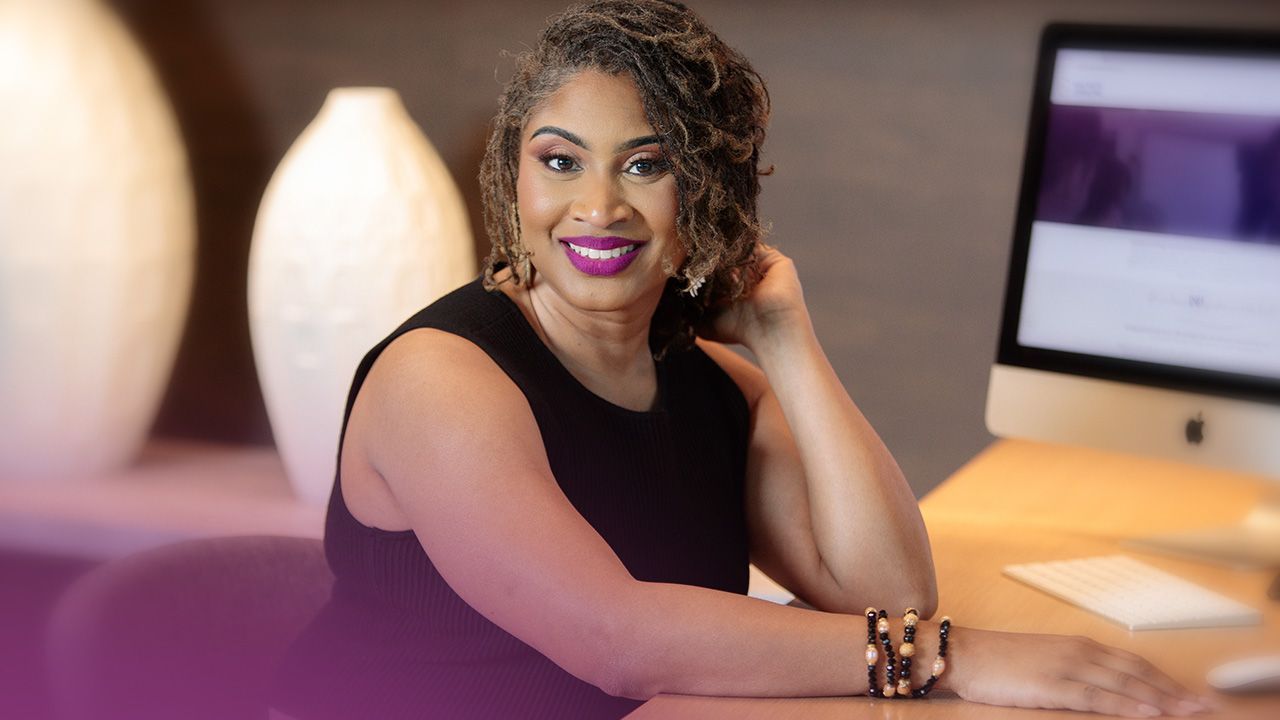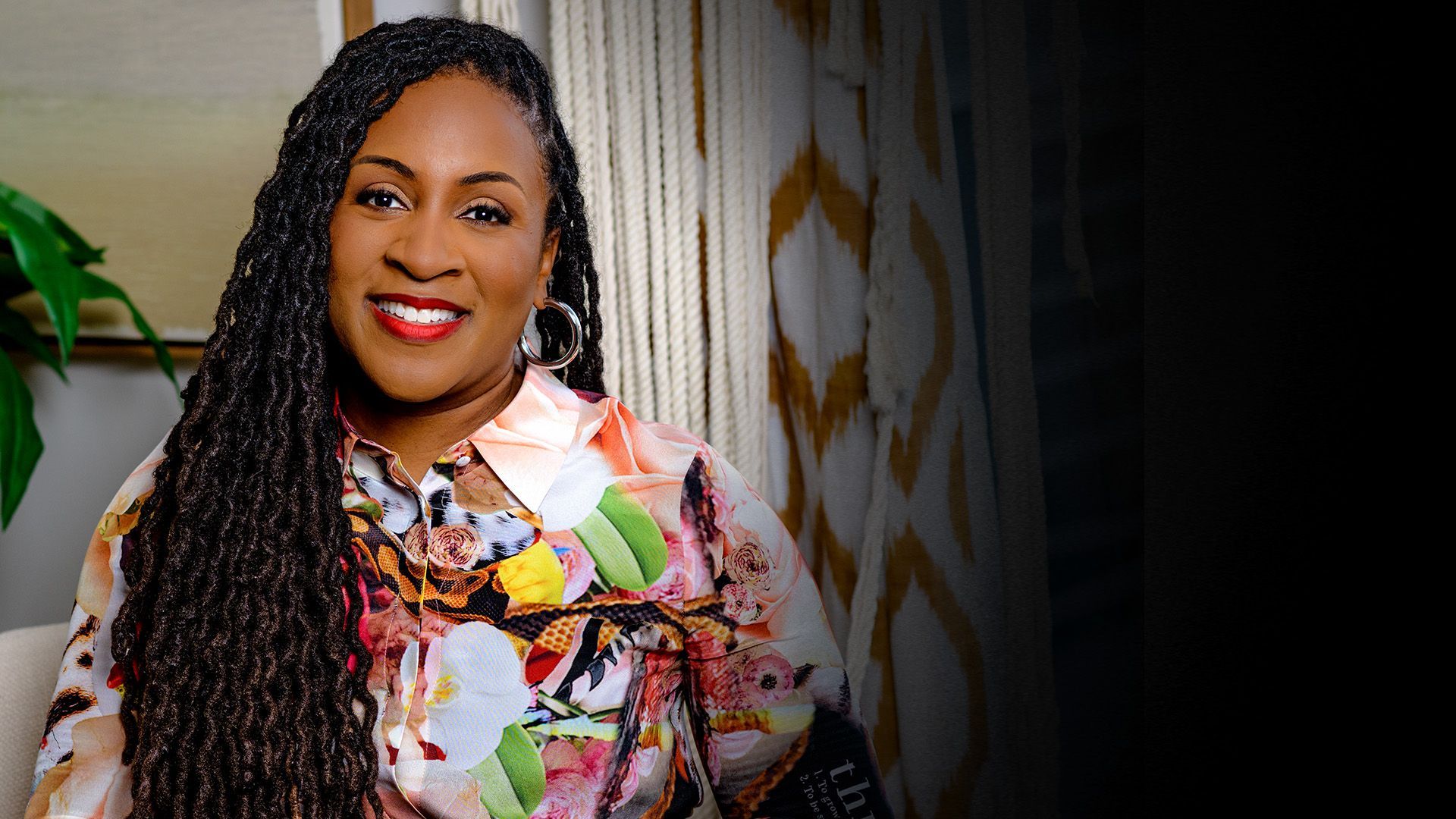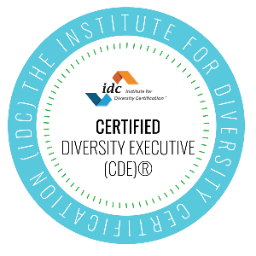3 Rules of Engagement for Effective Mentorships: How to be a Highly Appreciated Mentor/Mentee
Leadership today is all about connecting. Building relationships is a way to gain influence. Relationships may be the single most powerful weapon a person can have at their disposal to leverage for success. Some of the most important relationships of my career have been through mentorships. I’ve always believed that mentoring is the most selfless and worthy act a person can extend to someone that yields a significant return on investment.
I have mentors for every aspect of my life: spiritual, professional, doctoral journey, community/volunteer leadership, etc. This is important, because it is rare that anyone will find one person who meets all the criteria for what they would like to emulate. Plus, who would want that type of pressure? We must allow people to be human.
Criteria for a mentor include someone who is accountable, trustworthy, demonstrates integrity, and possess other attributes worthy of emulating. After all, the reason you would want someone to be your mentor is because they have qualities you wish to learn from and model in your own life.
Below are three critical points for engaging in effective mentor/mentee relationships. If followed, these practices can lead to a high level of appreciation for both parties.
- Be strategic when seeking a mentor . Don’t rule out the potential of someone you normally wouldn’t connect with to be your mentor. Be versatile and open to learning from anyone. This includes mentors of the opposite gender, race, and experience. Effective mentorships don’t just happen organically, but they require a thoughtful approach.
- Be intentional to ensure you get out of the mentor relationship what you are seeking. Define objectives for the mentor protégé relationship and be clear about what you are after. Clarity is important. Don’t assume that your mentor understands what you need and what you are seeking. This includes having goals, and showing up with a purpose that you articulate. Further, intentionality also requires that the mentee is realistic about his/her expectations. Remember the role of a mentor is to expand your scope to think about how to frame your experiences; not to make decisions for you.
- Don’t just seek a mentor…seek to BE a mentor. Pay the act of mentoring forward. The same way you may be looking to learn from someone, you also have something to offer to another person. Mentoring someone can help build your personal brand because it shows your aptitude to give back. We all need people in our corner to succeed, hence the African Proverb, “to go fast, go alone, to go far, go together.”
Finally, I wish to leave you with a note from one of my mentees that I think we all could learn from. She sent me this note at the start of our mentor protégé relationship when I asked her to communicate what she was seeking from the relationship to inform how I could best help her. Here’s what she wrote:
“Good morning, I wanted to confirm our meeting for May 15th at 9:30 am and provide some topics to frame our mentorship. So how can you help?
1. Continue to challenge me with thought provoking questions
2. Offend me, if necessary
3. Teach me to collaborate and build meaningful relationships
4. Share your failures and how you overcame
5. Help me to set realistic goals and develop actions plans
6. Teach me how to increase my influence
As your protégé, I will:
1. Follow instructions,
2. Ask clarifications,
3. Operate in integrity
4. Be grateful for your time, energy, and everything else you bring to the table.
5. Be responsible for my own outcome
I am looking forward to growth.”
I continue to mentor this young lady. I learn from her hopefully just as much as she learns from me.















